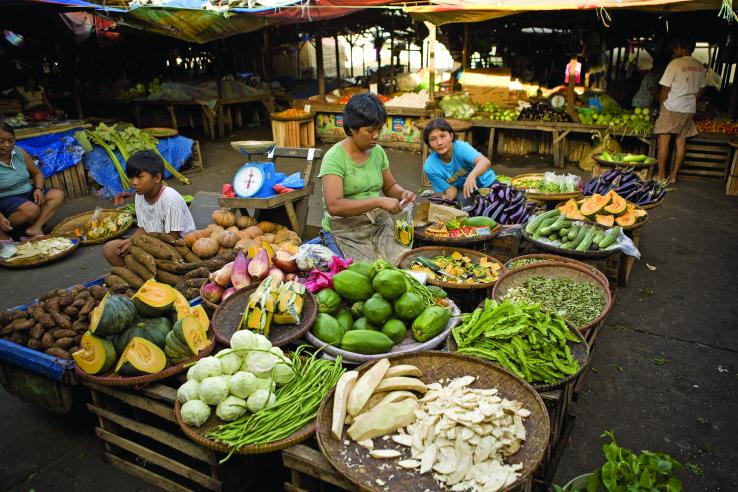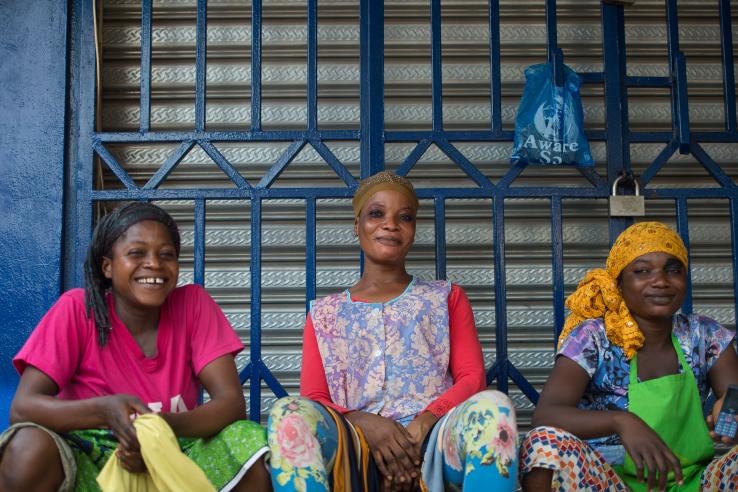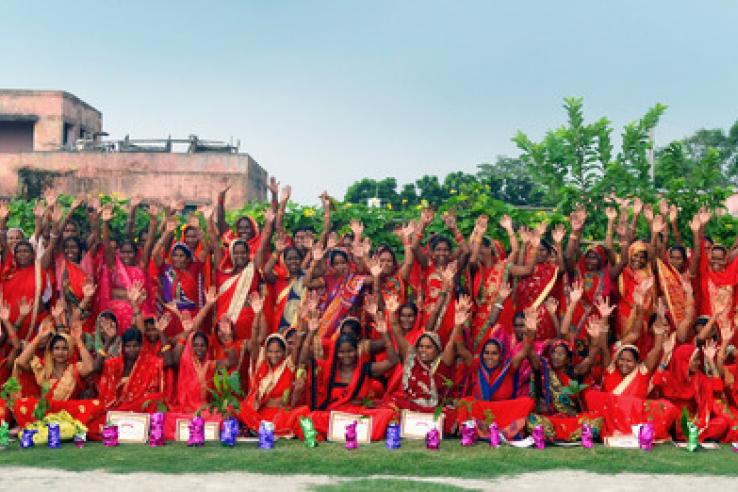Displaying 466 - 480 of 8473
Research Paper
File: Research paper
Research Paper
File: Research paper
Research Paper
File: Research paper
Research Paper
File: Research paper
Policy Publication
File: Policy publication
Seven randomized evaluations from around the world show that microcredit does not have a transformative impact on poverty, but it can give low-income households more freedom in optimizing the ways they make money, consume, and invest.
Policy Publication
File: Policy publication
Commitment savings products have increased savings and investments in low- and middle-income settings. Providers can improve the impacts of commitment savings products by including design features that meet the needs of the local population.
Research Paper
File: Research paper
Research Paper
File: Research paper
Research Paper
File: Research paper
Research Paper
File: Research paper
Research Paper
File: Research paper
Evidence to Policy Case Study
Case study
The state government of Espírito Santo, Brazil applied research findings to scale an AI education technology that gives public school students feedback on their writing, reaching more than 100,000 high school seniors to date.
Research Paper
File: Research paper
Research Paper
File: Research paper
Policy Publication
File: Policy publication
The Bihar Rural Livelihoods Promotion Society (known as JEEViKA), NGO Bandhan-Konnagar, and J-PAL South Asia launched the Satat Jeevikoparjan Yojana: Ending Ultra Poverty at Scale, a playbook developed for government and civil society organizations working towards ending extreme poverty. The...



